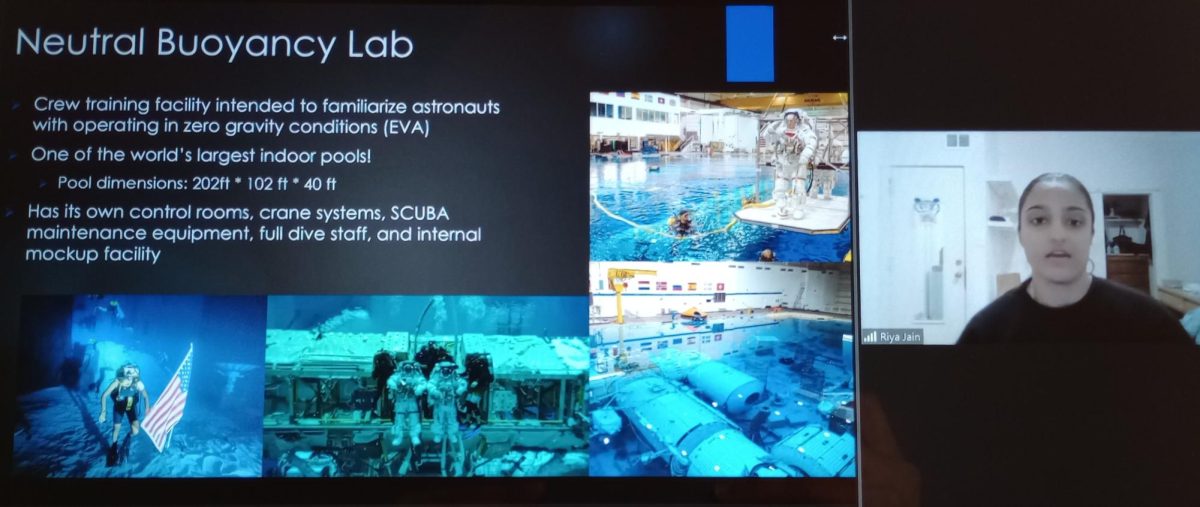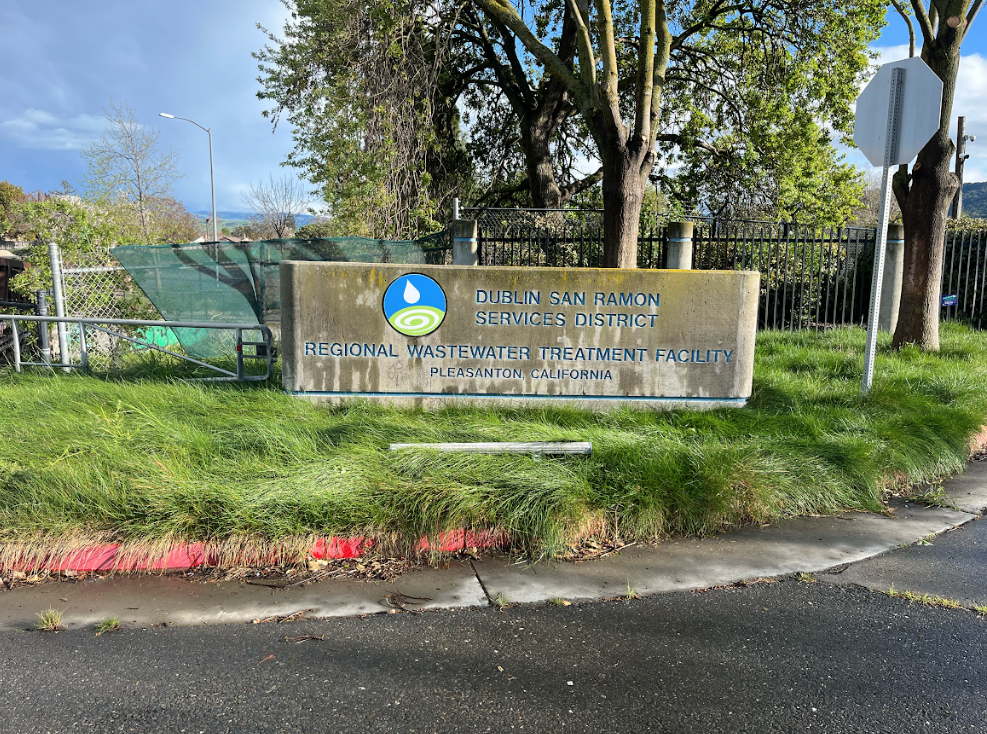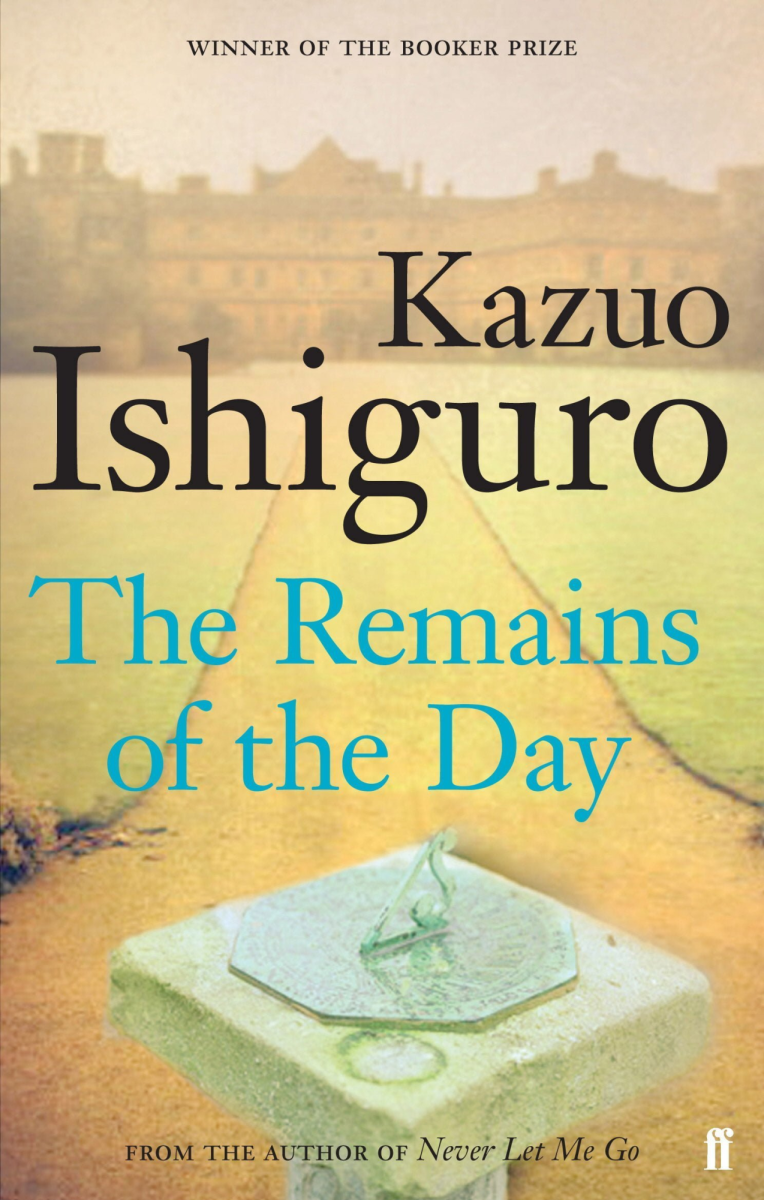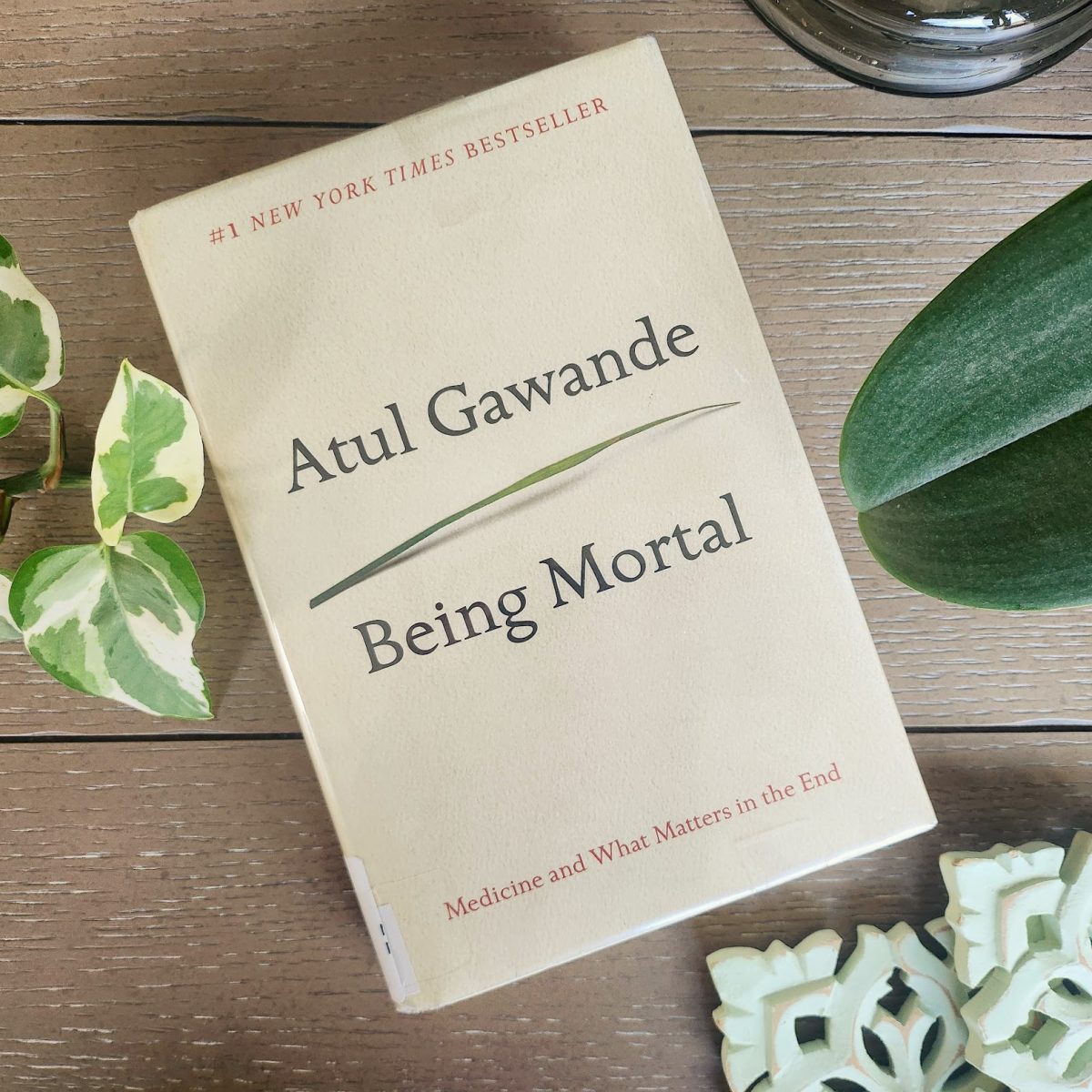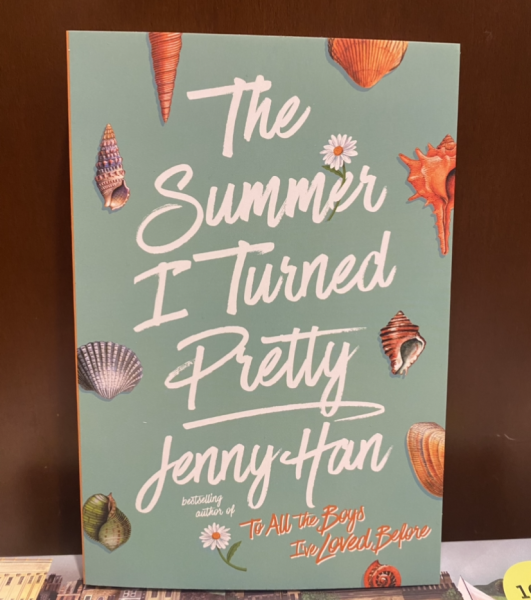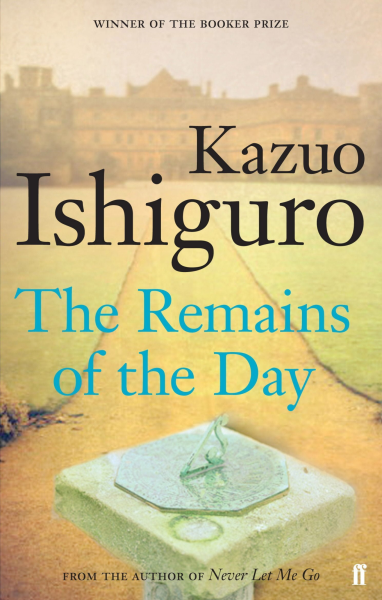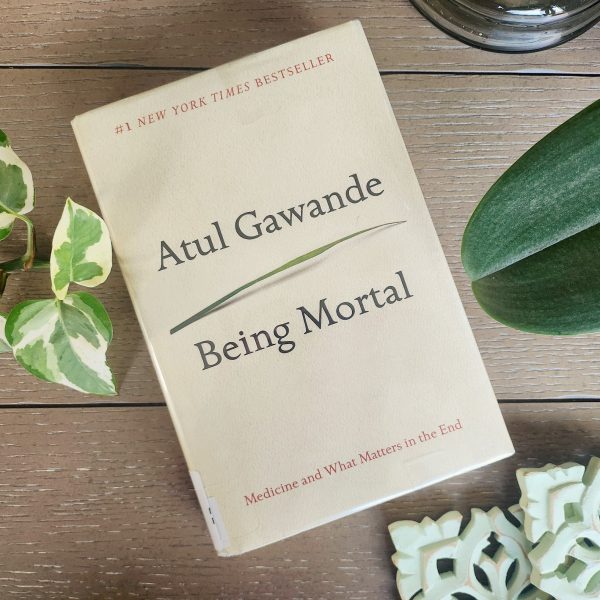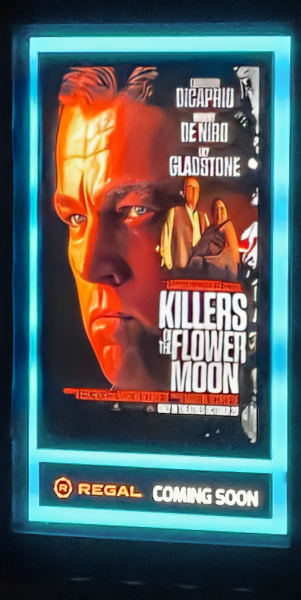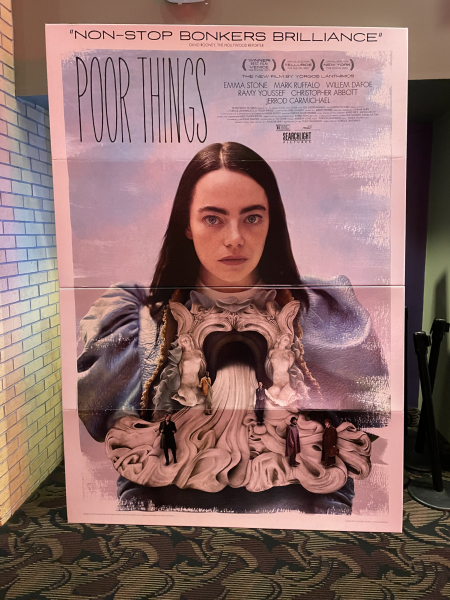Book Review: Still Alice by Lisa Genova
“My yesterdays are disappearing, and my tomorrows are uncertain, so what do I live for? I live for each day. I live in the moment.”
Since last year when I first came across this book on Goodreads, I have been hearing nothing but praise about the novel. A few weeks ago, I finally read the New York Times bestseller and can say that Still Alice is perhaps the most eye opening novel I have read in the span of my lifetime.
Author and neuroscientist Lisa Genova’s debut novel Still Alice is the psychological portrait of Alice Howland: a Harvard professor, lecturer, researcher, wife, and mother of three. One afternoon when Alice goes on a run on a route in her neighborhood, she gets lost and is unable to find her way home despite being in familiar surroundings. After medical consultation, Alice is diagnosed with early onset Alzheimer’s. As the novel progresses, as does Alice’s disease. She becomes unable to read, hold conversations, and recognize her own children. In losing her memories, Alice slowly loses herself and everything that made her herself.
What separates Still Alice from the usual bestsellers in the book market today is the genre and topic of the story. Still Alice is no chick lit. It’s not another dystopian, another Nicholas Sparks romance book, nor is it a murder mystery or a beach read. This novel dwells on the reality and terrifying effects Alzheimer’s disease can have. Genova, who is evidently knowledgeable on the subject of Alzheimer’s, does not hesitate in delving into the medical jargon and grislier aspects of the disease. Still Alice is eloquent, deeply moving, and terrifying.
The story itself is beautifully crafted and well written. Based on the writing, one would never guess that Still Alice was actually first a self-published novel before being published by a well known book company. Genova isn’t afraid to ladle out medical jargon, but the story remains compelling and intriguing and never once steers close to sounding like something out of a textbook.
Still Alice is just an eye-opener on Alzheimer’s disease; it also poses questions to all of us: who are we without our memories? Are we really more than just the memories? Who would we be without our memories?
Your donation will support the student journalists of Dublin High School. Your contribution will allow us to purchase equipment and cover our annual website hosting costs.




